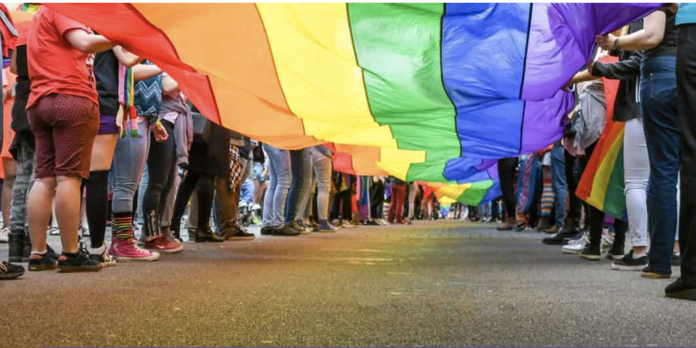By:Shawn Mason, MA, LPCC
Publisher: Health Partners
Mental health can be an ignored part of being healthy. But it is one of the most important parts. It drives much of our day-to-day life. Having a bad mental health day can impact a lot, including making it harder to get things done. It can be as simple as not running an errand. Or it can be more impactful, like not showing up for work.
The lesbian, gay, bisexual, transgender, queer and questioning (LGBTQ) community face these challenges just like everyone else. But they may experience even more hurdles to caring for their mental health. This is usually related to prejudices that exist today.
LGBTQ individuals are more likely to experience a mental illness such as depression or anxiety. And the stigma that surrounds mental illnesses can keep people from seeking help.
I am a behavioral health care coordinator at HealthPartners. I work in residential and outpatient mental health settings, and specialize in working with LGBTQ individuals. I also provide training to other mental health providers on culturally responsive care.
I get many questions from loved ones about how they can help their LGBTQ friends and family with mental health concerns. Here is how I answer some of the most common ones:
How do mental health conditions affect the LGBTQ community?
People in the LGBTQ community experience mental health issues at higher rates. A recent study found 61% have depression, 45% have PTSD and 36% have an anxiety disorder.
Additionally, 40 percent of transgender individuals have attempted suicide in their lifetime. This is nearly 9 times the overall rate in the United States.
There is no single answer for why these disparities exist. But stigma and trauma certainly contribute. Many LGBTQ individuals face barriers to getting good care for mental health. A Rainbow Health survey found 10% postponed care or didn’t get it at all due to disrespect or discrimination from health care providers. And the U.S. Transgender Survey found the rate is even higher among transgender individuals – with 23% not seeing a doctor due to fear of mistreatment.
How does someone’s identity affect mental health?
We need to be able to live as we identify and be loved as we are. When we have these things, we experience less stress and increased self-esteem. There has been a lot of research on identity. The findings show that when we are able to accept our identity, we feel whole. This allows us to feel more confident about who we are.
How can we be respectful of people who identify as LGBTQ?
You can be genuine and curious about someone’s life without being invasive. Ask open-ended questions. Take the person’s lead on which language terms to use. If you are unsure, ask directly. Be willing to make mistakes and try again without being defensive. Ask people about their preferred pronouns, and use them. If you make a mistake, apologize and move on. Do not ask trans-identified people about their birth name or the medical steps toward transition.
How can we help someone who might be struggling?
Give support in the way you would give it to anyone. Active listening is a good way to start. So is asking how you can help. It is also important that we always show respect and acceptance through words and actions. Reflect the person’s language about partners and identity. Ask open-ended questions. And educate yourself on how to be a good ally.
How can Pride help with mental health?
Pride is a space where people in the LGBTQ community can connect. This reduces isolation. And it increases visibility. It’s very powerful to see your identity in the community around you. It validates that we belong and are loved.
It also celebrates the rich history of the LGBTQ community. This includes both pain and celebration. Feeling connected in a community is linked with positive health.
Embracing diversity is being inclusive of all people, ideas and viewpoints. It’s respecting others. It’s being open and curious. And it’s promoting fairness and opportunity for all. At HealthPartners, we strive to do this each day. And each year, we are proud to continue our longstanding tradition of participating in the Twin Cities Pride Festival.
Source:https://www.healthpartners.com/blog/mental-health-in-the-lgbtq-community/
Comment:




